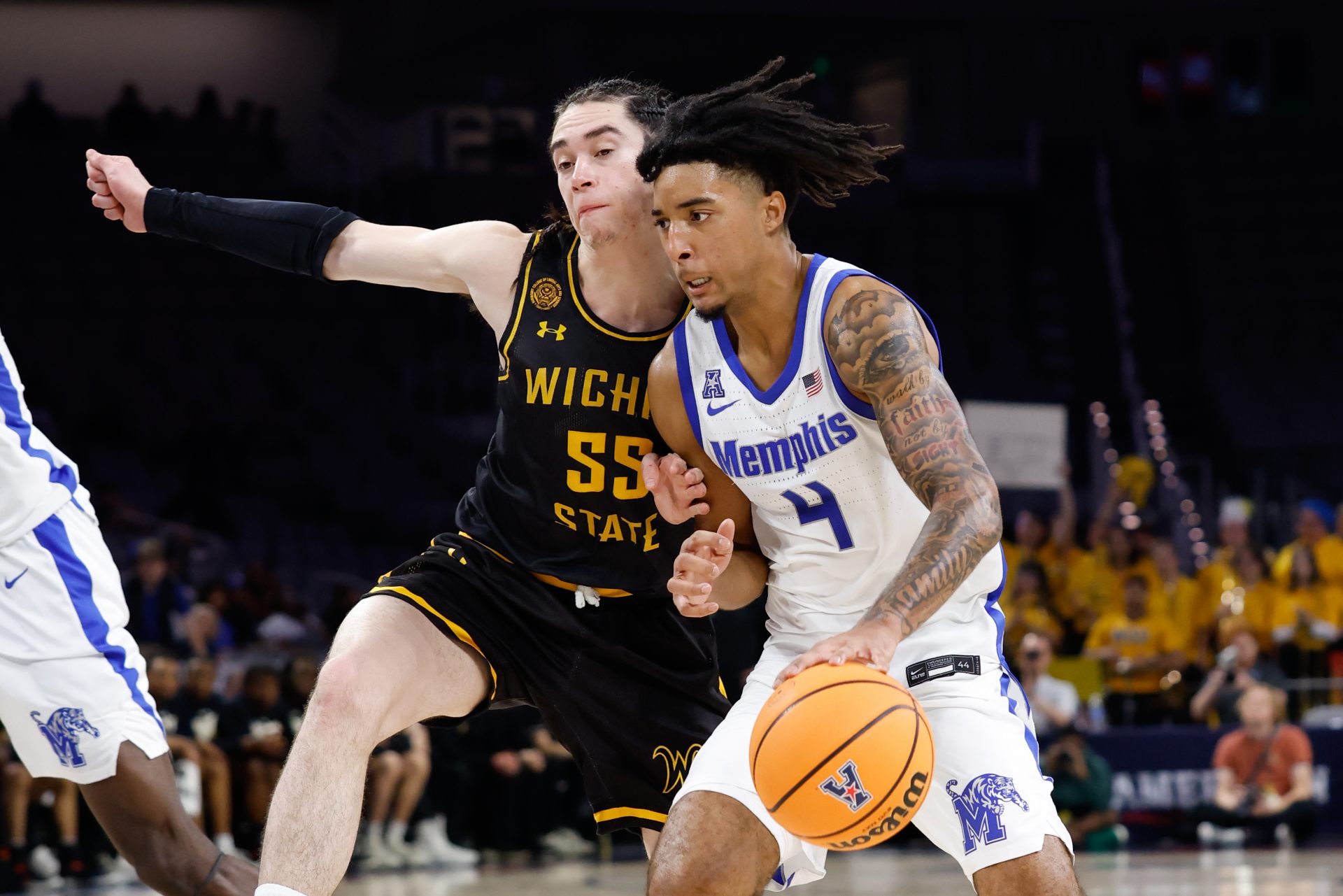The college basketball world is currently undergoing a seismic transformation, and not everyone is okay with the direction to which it’s heading. Yesterday, basketball analyst Jeff Goodman took to X to express his frustration, stating, “This shit has gotten out of control. We are gonna have guys sticking around til 30 years old soon.
Not sure who was in favor of all this, but college basketball has never been more of a shit show than it is right now.” Goodman’s remarks have since generated significant attention in response to an emerging legal decision that could, in a way, ruin the NCAA’s eligibility framework.
Rutgers safety Jett Elad’s lawsuit against the NCAA was at the centre of this debate. It questioned the five-year eligibility rule, a case that could reshape the future of college athletics. With the transfer portal, Name, Image, and Likeness (NIL) deals, and now extended eligibility battles, college basketball faces an unfamiliar situation with no clear guidance, prompting analysts like Goodman to raise their voices.
Jett Elad’s Lawsuit and the Eligibility Debate
The immediate trigger for Goodman’s burst was a post made on X by Mit Winter, a sports law expert, detailing a federal judge in New Jersey considering a temporary court order to block the NCAA’s five-year eligibility rule.
This shit has gotten out of control. We are gonna have guys sticking around til 30 years old soon.
Not sure who was in favor of all this, but college basketball has never been more of a shit show than it is right now. https://t.co/reHHtcMM8C
— Jeff Goodman (@GoodmanHoops) April 18, 2025
This legal action was developed due to Jett Elad, a 24-year-old Rutgers safety who has already played at Ohio University, Garden City Community College, and UNLV. Elad’s lawsuit, filed in a New Jersey federal district court, argues that the NCAA’s rule, which limits athletes to four years of competition within a five-year window, unfairly limits their ability to major on NIL opportunities.
According to the shared court documents, Elad will, of course, gain a $500,000 NIL deal if allowed to play at Rutgers, a “life-altering” sum for him.
The case, presided over by U.S. District Judge Zahid N. Quraishi, occurred on April 16, 2025, with a decision expected by the following Wednesday. Rutgers head coach Greg Schiano testified on Elad’s behalf, highlighting the player’s value to the Scarlet Knights and his potential to reach the NFL. Schiano revealed that Elad’s NIL deal was valued at $550,000 base, with an additional $100,000 incentive for first-team All-Big Ten honors.
However, the NCAA has stood firm, defending its eligibility rules as key for maintaining fair competition and ensuring access to the student-athlete experience. The association argues that altering these foundational rules creates a “shifting environment,” destabilizing college sports.
Elad’s case is not an isolated incident. Similar lawsuits from former Duke and UNC football players, filed earlier in April 2025, also challenge the NCAA’s eligibility constraints, citing lost earning potential estimated between $100,000 and $500,000 due to restricted NIL opportunities.
KEEP READING: ‘College basketball is cooked’ – Fans in Shock as AAC POY PJ Haggerty Asks for $4 Million in the Transfer Portal
These legal battles highlight a breeding tension between the NCAA’s traditional governance and the evolving financial realities of college athletics, where athletes are increasingly viewed as professionals rather than amateurs.
College Sports Network has you covered with the latest news, analysis, insights, and trending stories in college football, men’s college basketball, women’s college basketball, and college baseball!


